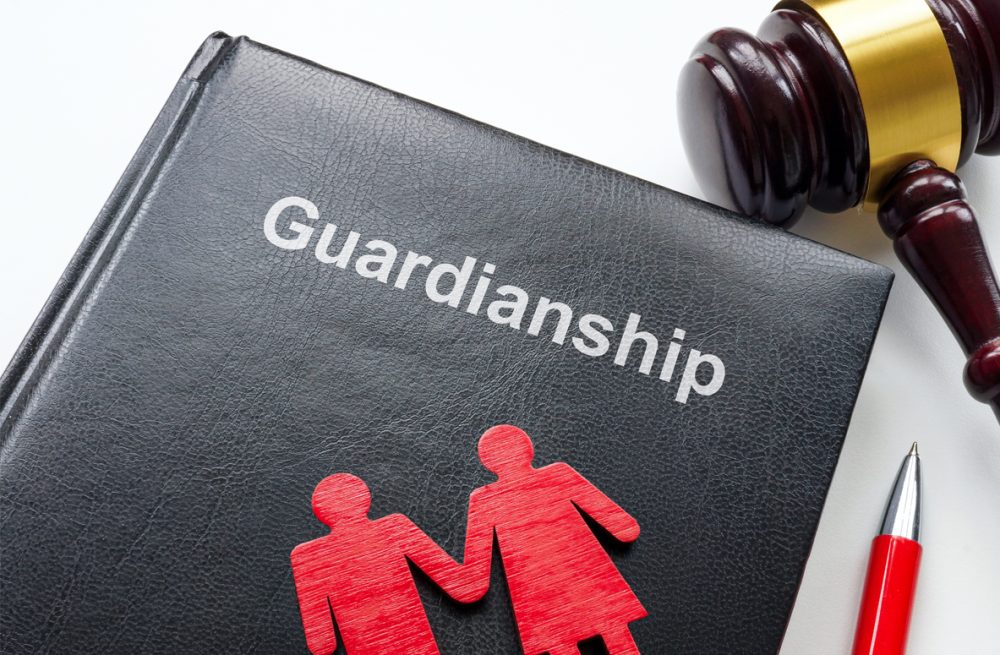Guardianship in New Jersey happens when a court appoints a legal guardian to step in and help an adult who is unable to make informed decisions about their health, safety, or finances. This process is called guardianship, and it’s designed to protect individuals, often referred to as incapacitated persons, who can no longer care for themselves due to conditions such as:
- Mental illness
- Intellectual or developmental disabilities
- Physical illness or disability
- Chronic drug or alcohol use
A guardian has legal authority to make decisions for the person under guardianship, depending on the type and scope the court assigns. There are three main types of adult guardianship in New Jersey:
- Guardianship of the Person and Estate: The guardian is responsible for both the physical and medical well-being along with the financial affairs of the incapacitated person.
- Guardianship of the Person Only: The guardian oversees personal decisions—such as healthcare, housing, and daily living needs.
- Guardianship of the Estate Only: The guardian strictly manages financial matters, including assets, income, and bill payments.
Guardianship cases are initiated in the county Surrogate’s Court and decided by a judge in the Superior Court. The court must determine whether the individual needs a general or limited guardianship:
- General Guardianship grants the guardian broad authority to make all major decisions on behalf of the individual.
- Limited Guardianship allows the individual to retain some rights while the guardian helps in specific areas of need. This option is tailored and less restrictive.
If someone you know is in need of a guardianship in New Jersey, please do not hesitate to contact Ward, Shindle & Hall today.

